Veganuary: I tried and failed to be vegan four years in a row. This is how I finally succeeded.
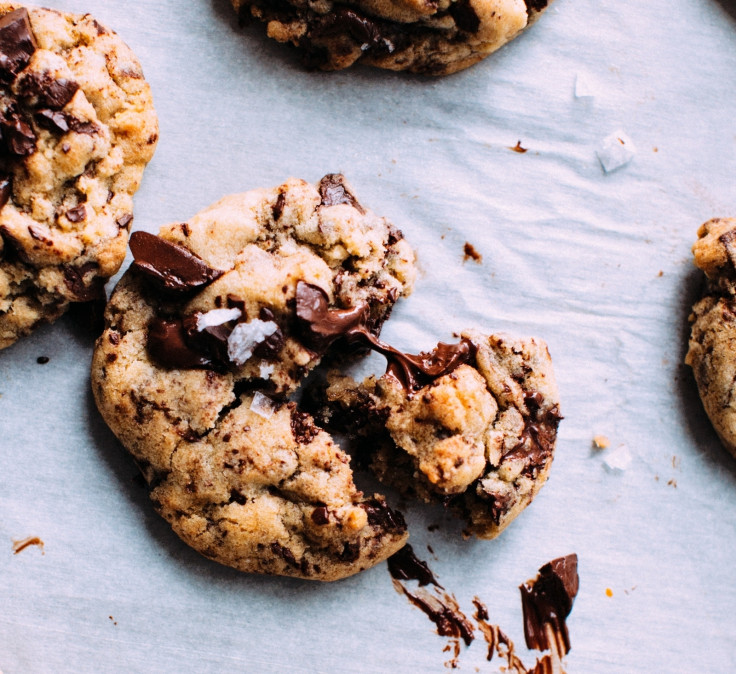
KEY POINTS
- The number of vegans in the UK spiked by 360% in the decade following 2006.
- Over 150,000 signed up to Veganuary this year.
A decade ago, there were barely 150,000 vegans in the UK. But in the ten years following 2006, there was a 360% spike in the number of people leading plant-based lifestyles. Now, high street chains from Tesco to McDonald's are rolling out food marketed at vegans. It's safe to say the diet is officially mainstream.
So, in the spirit of starting a new year with abstinence and self-flagellation, I decided to join the 150,000 people who signed up for Veganuary in 2018, to see whether I too could survive only on plants for the whole of January. That meant no meat, dairy products or even honey.
Admittedly, the odds of success were stacked against me. I first tried veganism five years ago for Lent. I failed two weeks in after I drunkenly ordered a margherita pizza on a night out and planned to pick the cheese off. When it arrived dotted with slices of pepperoni, I thought "screw it, I'll add on another day at the end of Lent". By the morning, continuing after failing so miserably seemed pointless.
In the years that followed, it didn't matter how many articles professing the environmental and health benefits of veganism I read; or how hard I tried to picture sad calves when deciding between a juicy burger or the veggie option at a restaurant, something in my brain just didn't click. Every year I tried veganism I never made it past the two week mark.
Dr Melanie Joy, a professor of psychology and sociology at the University of Massachusetts Boston, calls this "carnism". That is the cognitive disconnect between being comfortable with eating animals like cows but not dogs, even though they are anatomically similar and we might find the conditions they are kept in horrifying.
To my surprise, this year I finally did it. I can proudly say that I made it to the end of January without consuming a single animal product, to my knowledge. (Apart from the time I accidentally sipped my partner's tea, but we can let that slide).
2018 felt different. It was noticeably easier and more socially acceptable to be vegan. A 2016 Mintel report found that vegan foods were outpacing the launch of vegetarian alternatives in Europe, and another study in 2017 found 28% of Brits had cut back on their meat consumption. If you don't have a friend who's vegan, you likely have one who's toying with the idea of being at least flexitarian.
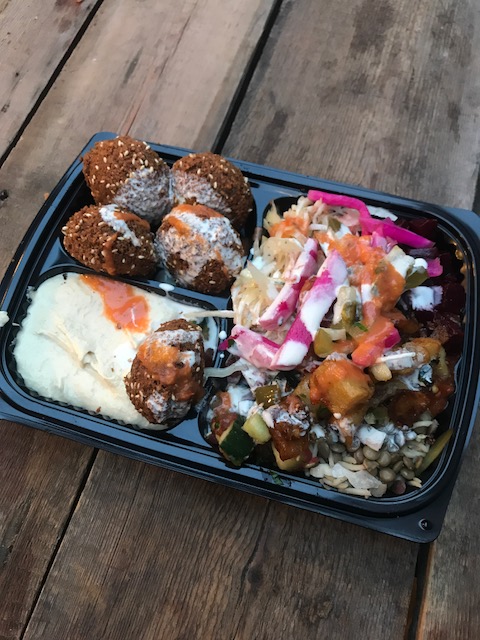

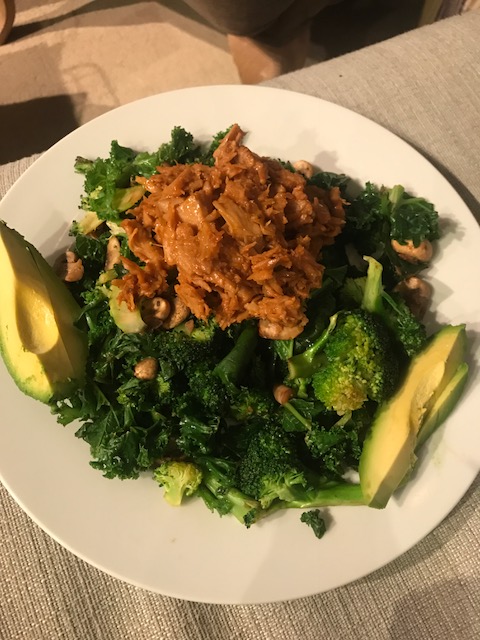
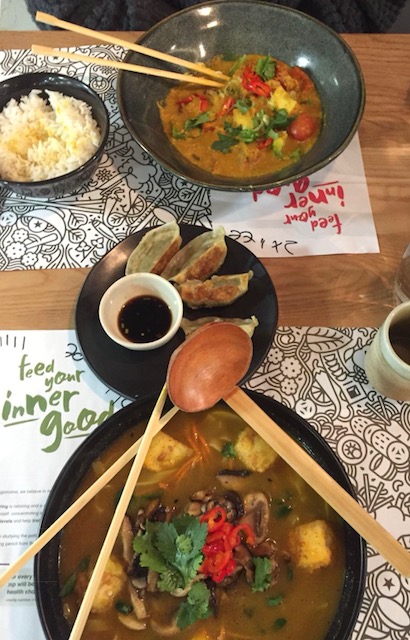
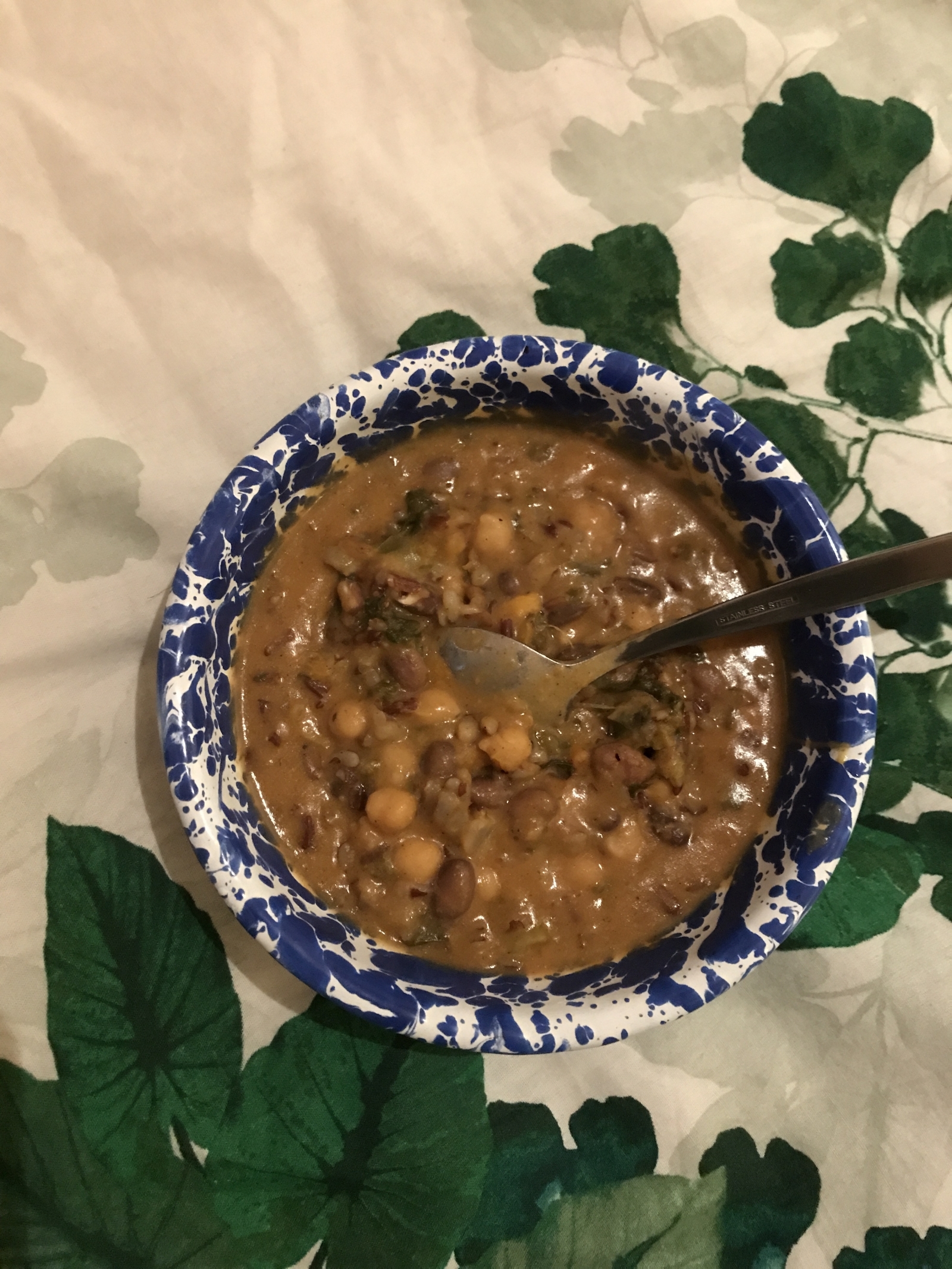
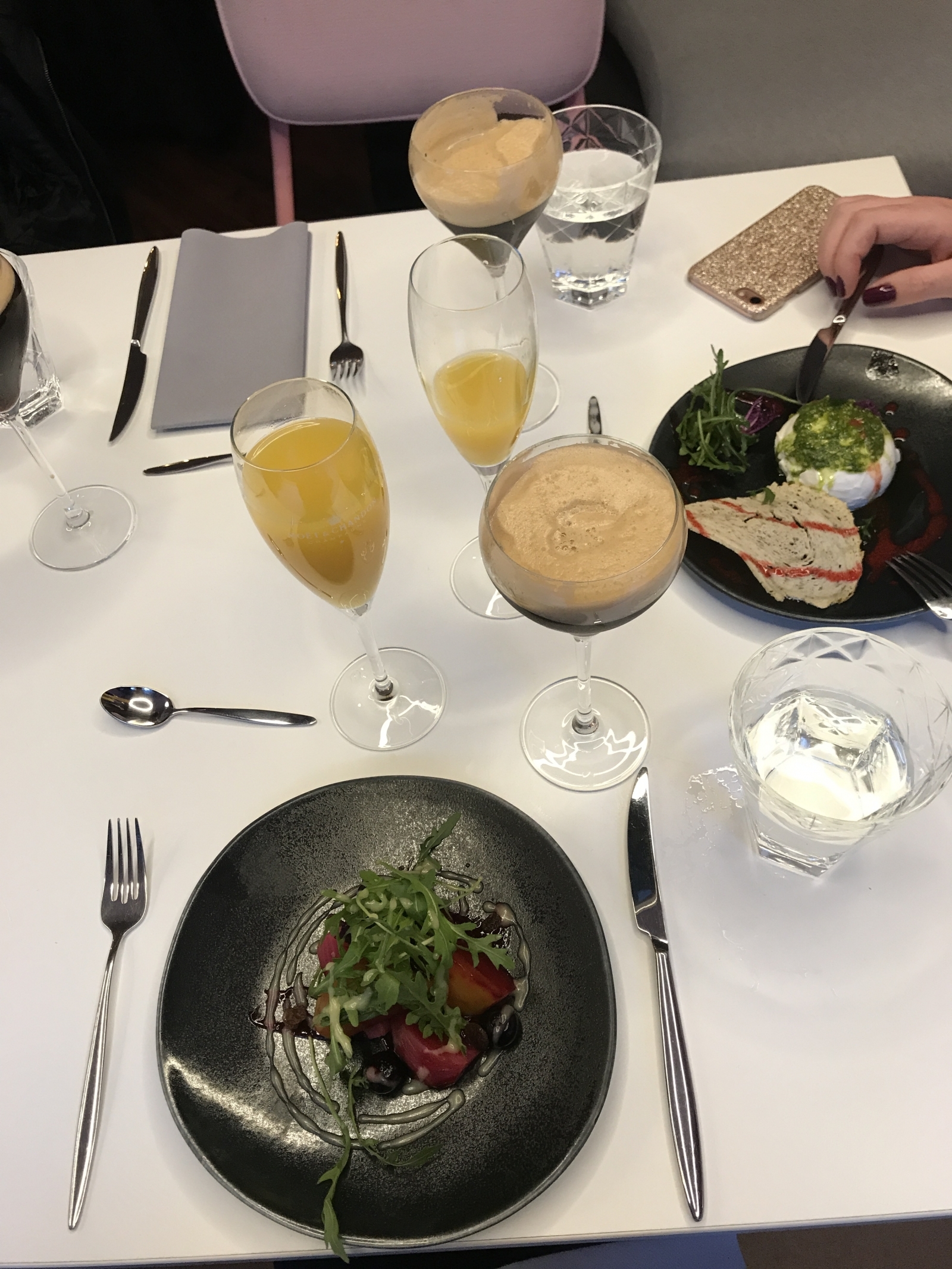
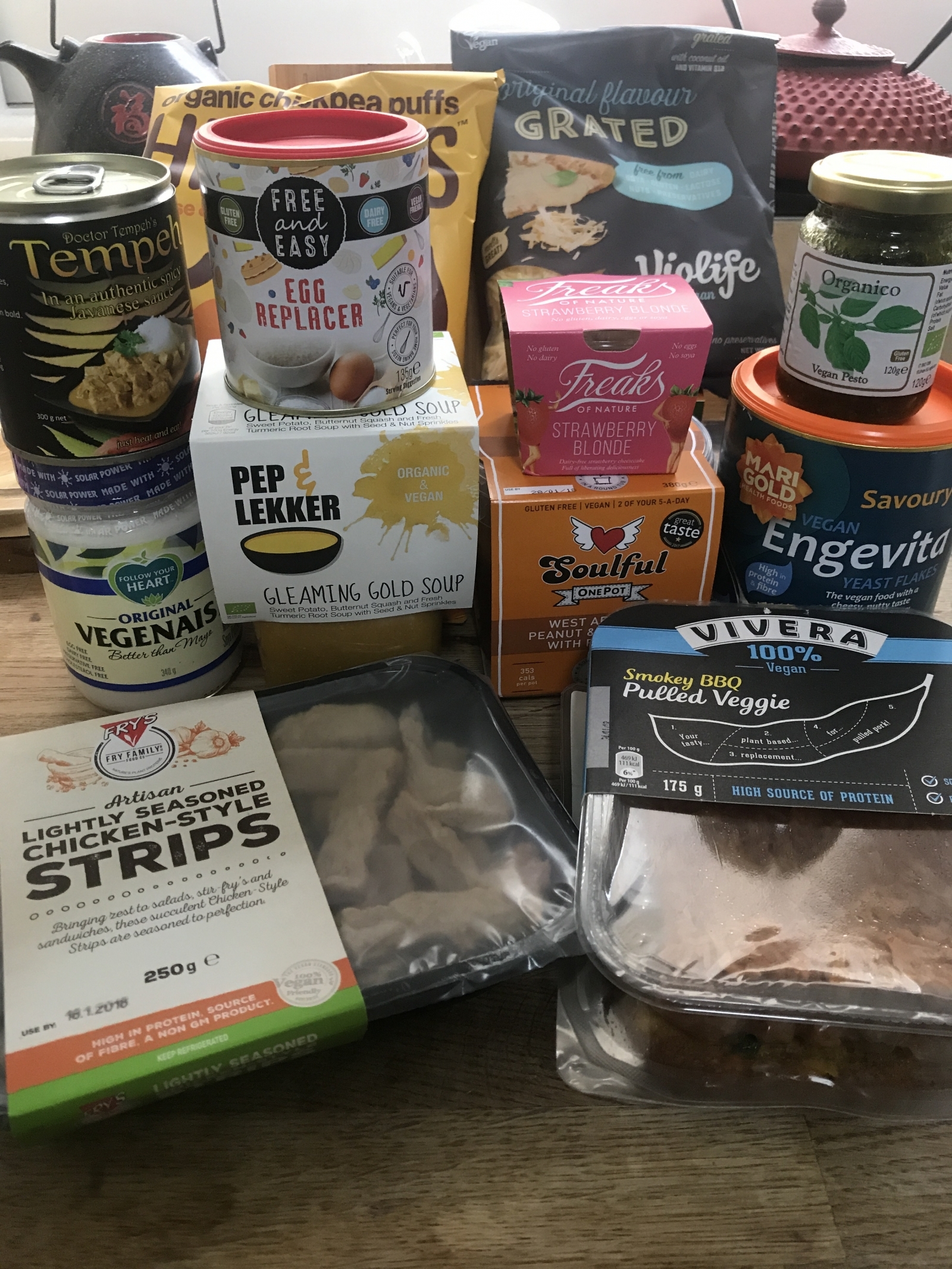
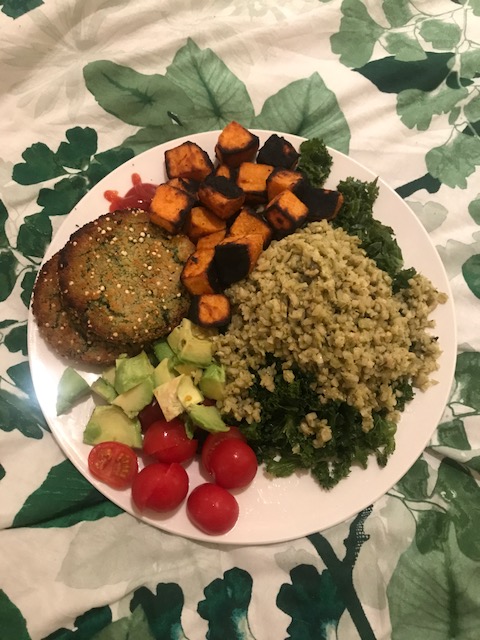

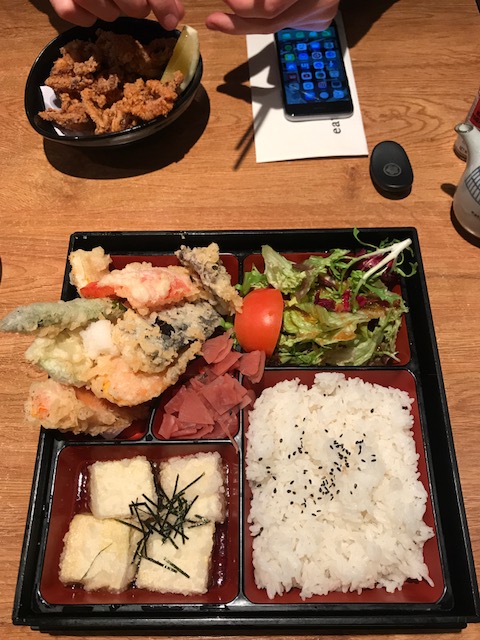



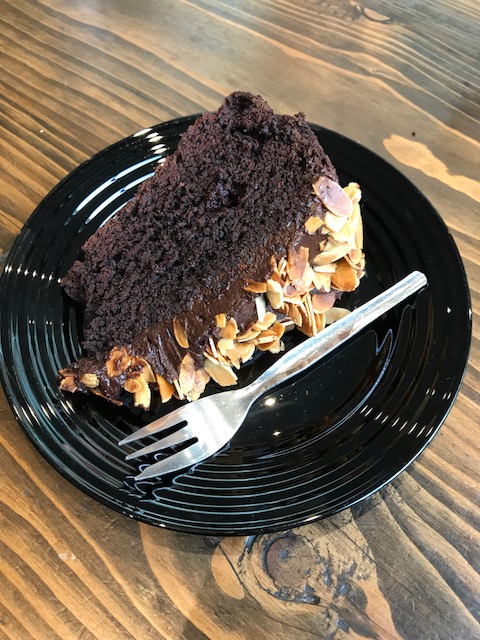


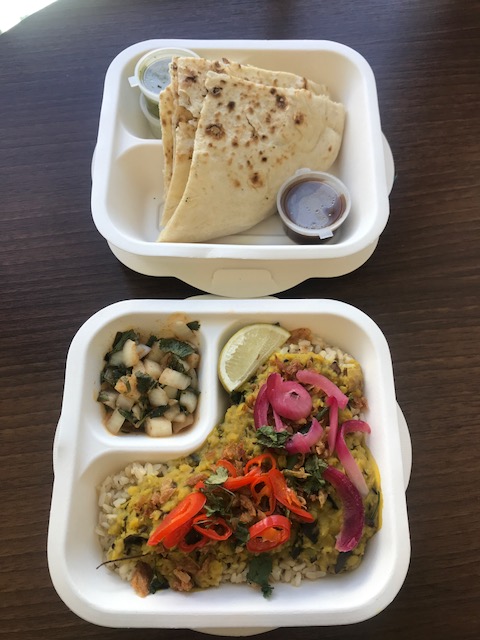

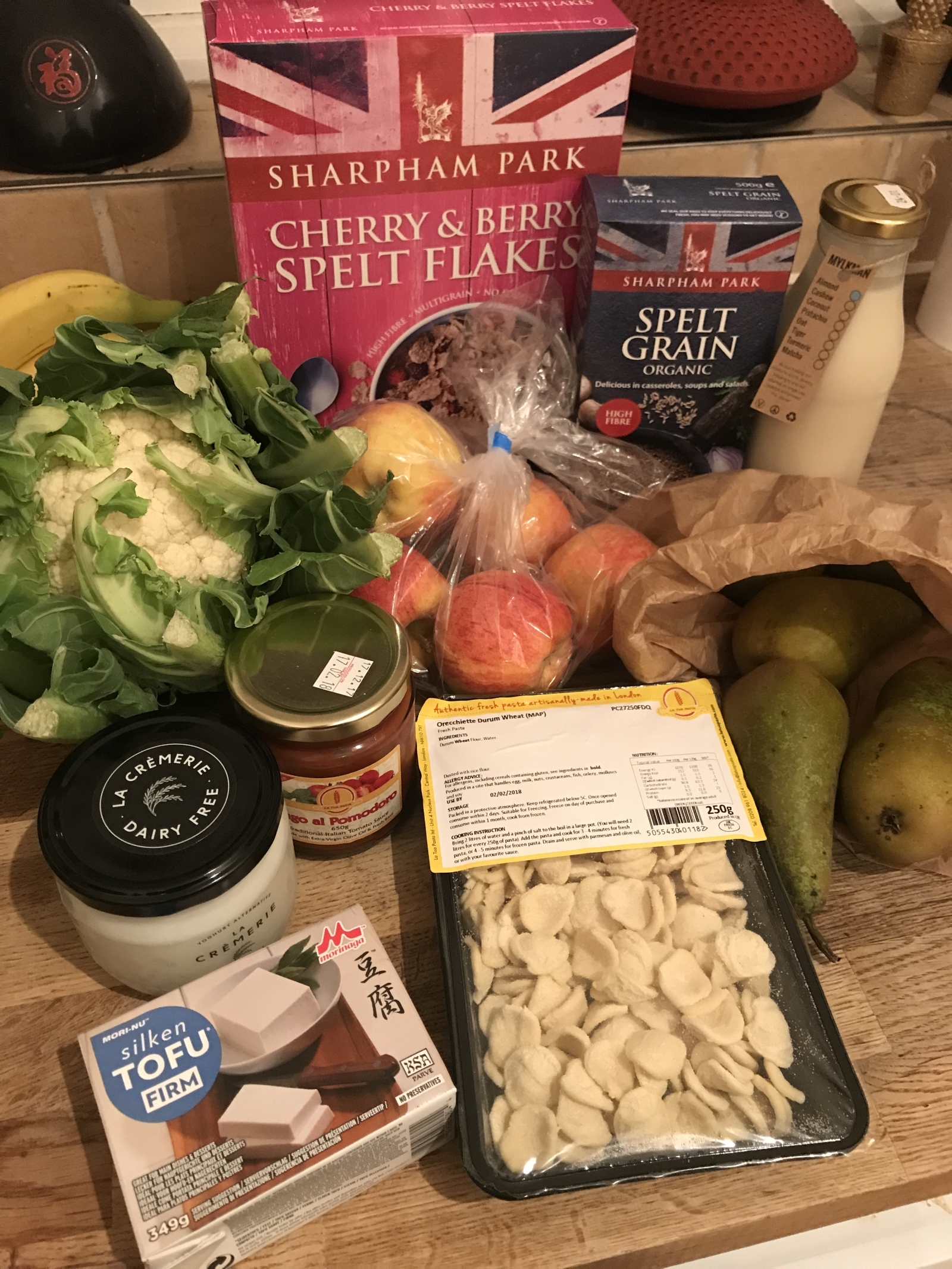
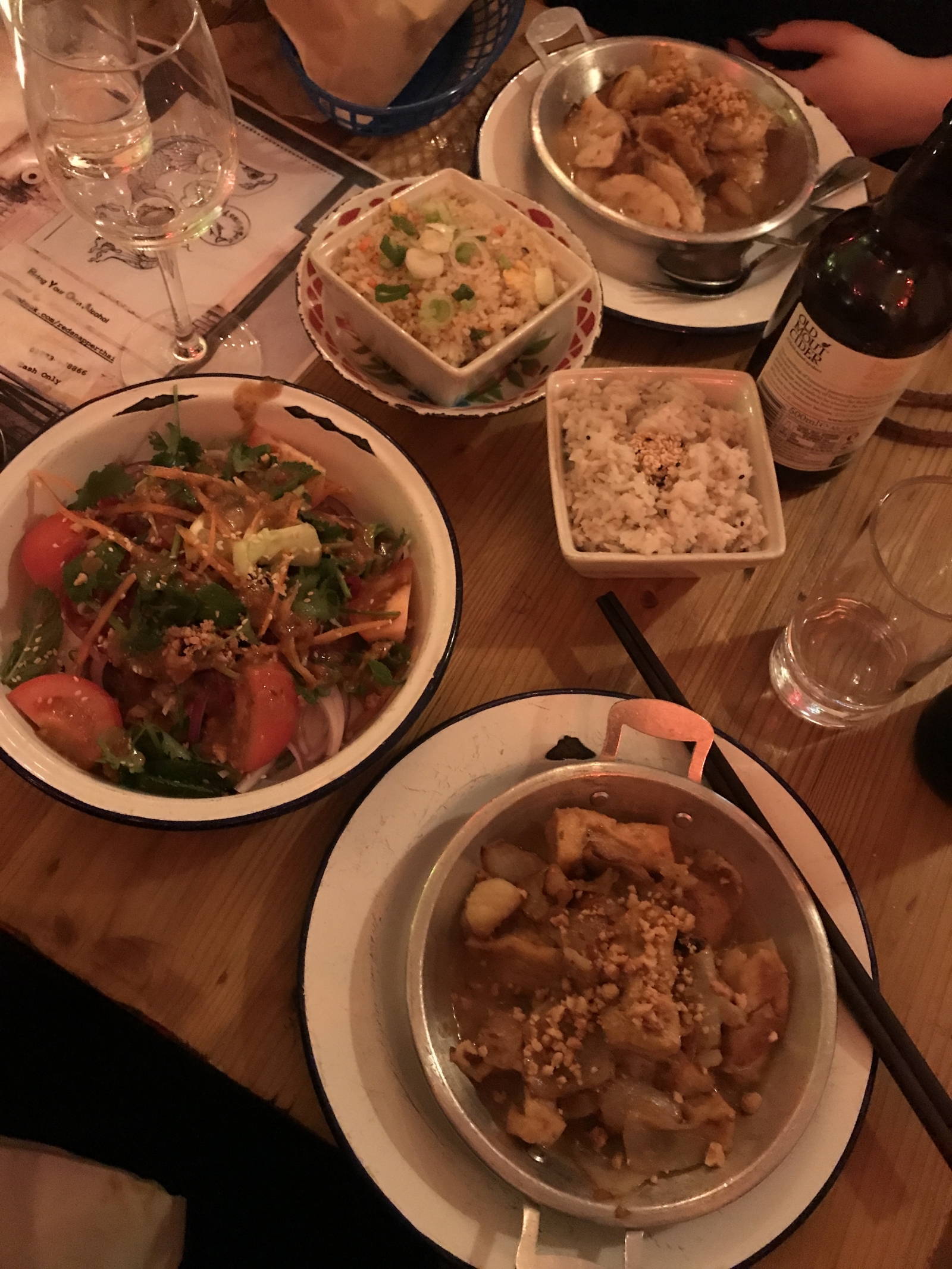
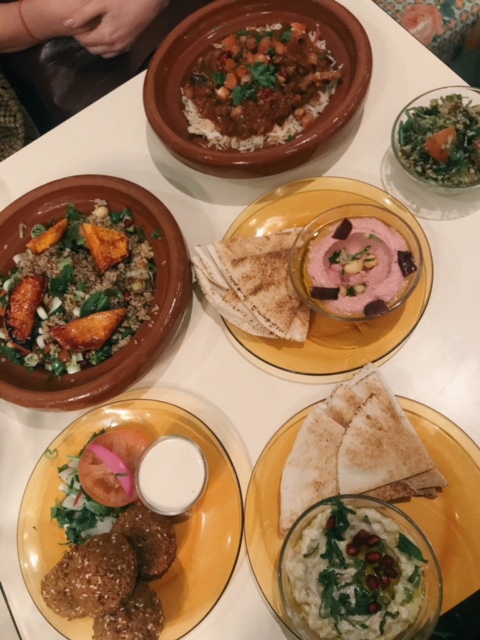
Joining the ranks of long-standing veggie life-savers like Alpro dairy-free products and Linda McCartney sausages, are dedicated menus at popular restaurants like Wagamama and Nando's. Finally, vegans aren't just being lumped with tasteless bean burgers.
And I've made some personal changes, too. Most notably, I have made strides in learning how to feed myself. Sugar, it turns out, is not very good for you. If you don't move a lot, don't eat too many carbs. And devouring entire packets of Percy Pigs in one sitting is a bad idea. (Who knew?).
Feeling uneasy about animal cruelty and the environmental impact of industrial farming methods, in five years I gradually reduced the amount of animal products I ate, banned myself from buying meat at lunchtime, and was more mindful of provenance. Learning that swearing off meat and dairy for eternity sent me into a spiral of craving and bingeing, I learned that only gradual lifestyle changes work for me. This time around, Veganuary wasn't such a huge step.
Still, that didn't stop me from gazing longingly at the biscuit aisle in the supermarket, or frantically checking what leftover Christmas chocolates I could eat and getting in a huff when I realised that almost everything contains milk.
Worryingly, my thoughts were at first dominated by my new regime. Was I getting enough nutrients? If I went for dinner with friends would I go hungry if there wasn't a vegan option on the menu? By day five I was bloated and fed up, something that Aisling Piggott, British Dietetic Association spokesperson, warned me might happen as my body got used to digesting more fibre.
The trade-off was being able to devour huge portions of vegetables, as well as plant proteins like tofu and nuts to stay satiated, so I didn't feel deprived of food. Half way through I downloaded the LifeSum app to track my food intake, and learned that I was struggling to hit my protein targets and overeating carbs and made tweaks accordingly.
I became more mindful of keeping processed fake meats and accidentally vegan snacks like Oreos and dark chocolate to a minimum. Although if you are looking for decent fake meat, Vivera pulled pork from Ocado was almost indistinguishable from the real thing.
The hardest part was the social aspect. My protein intake was suddenly a topic of conversation. One friend's particularly angry rant over breakfast about how vegans are tedious and self-obsessed when I mentioned I didn't want a cow milk coffee was something I wasn't well-equipped to counter. I just nodded and mumbled unconvincingly about unsustainable farming methods into my almond milk porridge. And I can't imagine sitting and watching your friends eat cheese and chorizo pasta after a night out while you eat a bagel will ever get easier.
I learned that keeping a well-stocked fridge - and that includes things you can throw in the oven when your'e feeling lazy - is essential. That veganism isn't a religion and slip-ups aren't the end of the world. And most importantly that the only lifestyle that you will stick with is the one that is easiest, that you feel most comfortable with, and that makes you feel healthy. Will I stay vegan forever? I'm not sure, but it's exciting to know it's a question I won't be alone in asking today.









